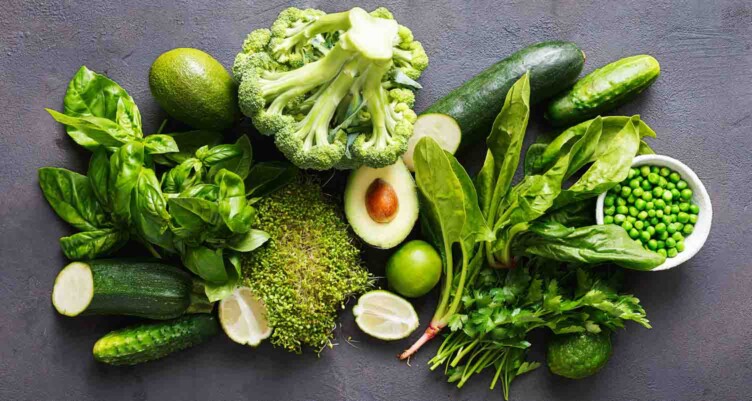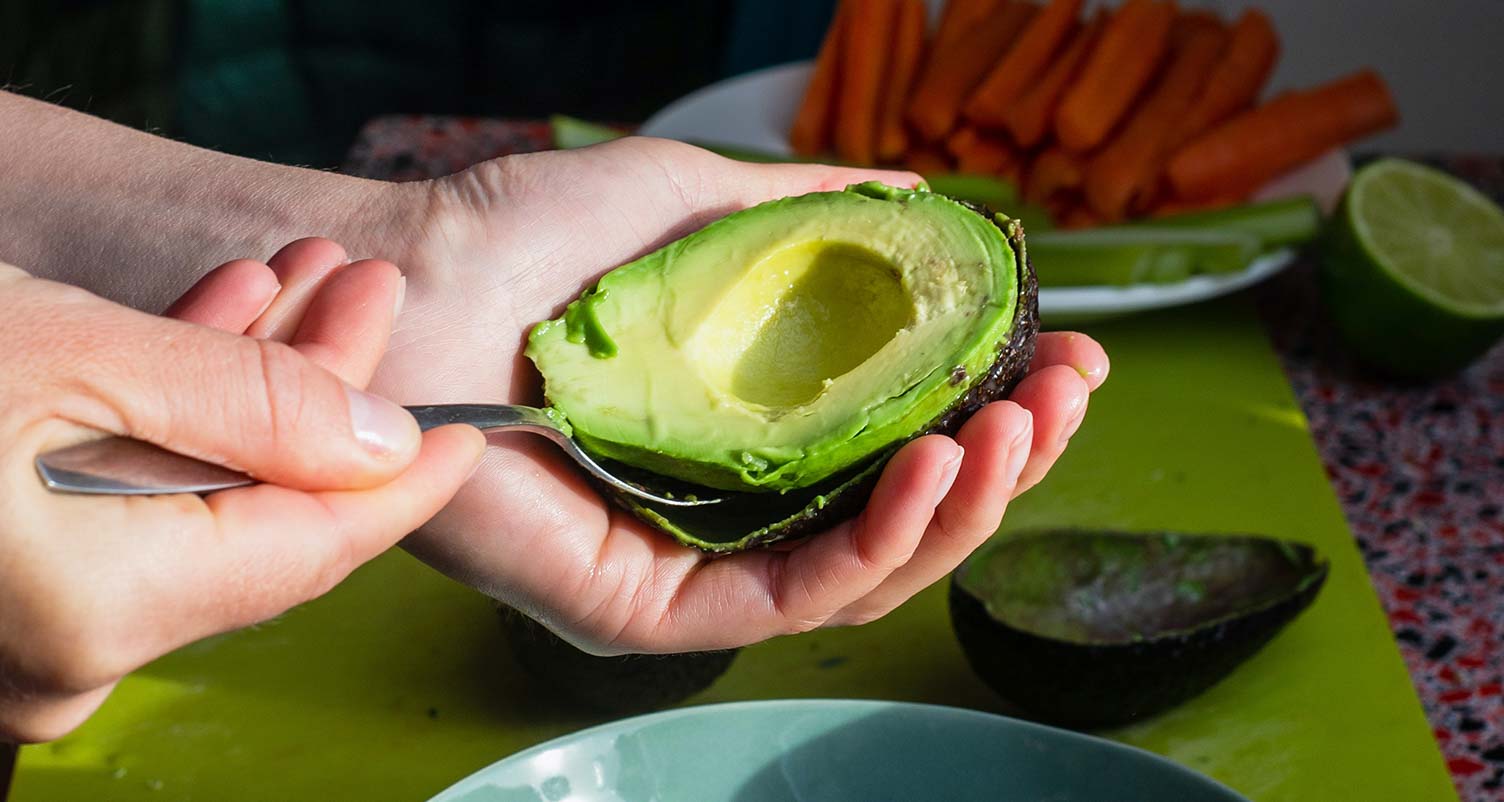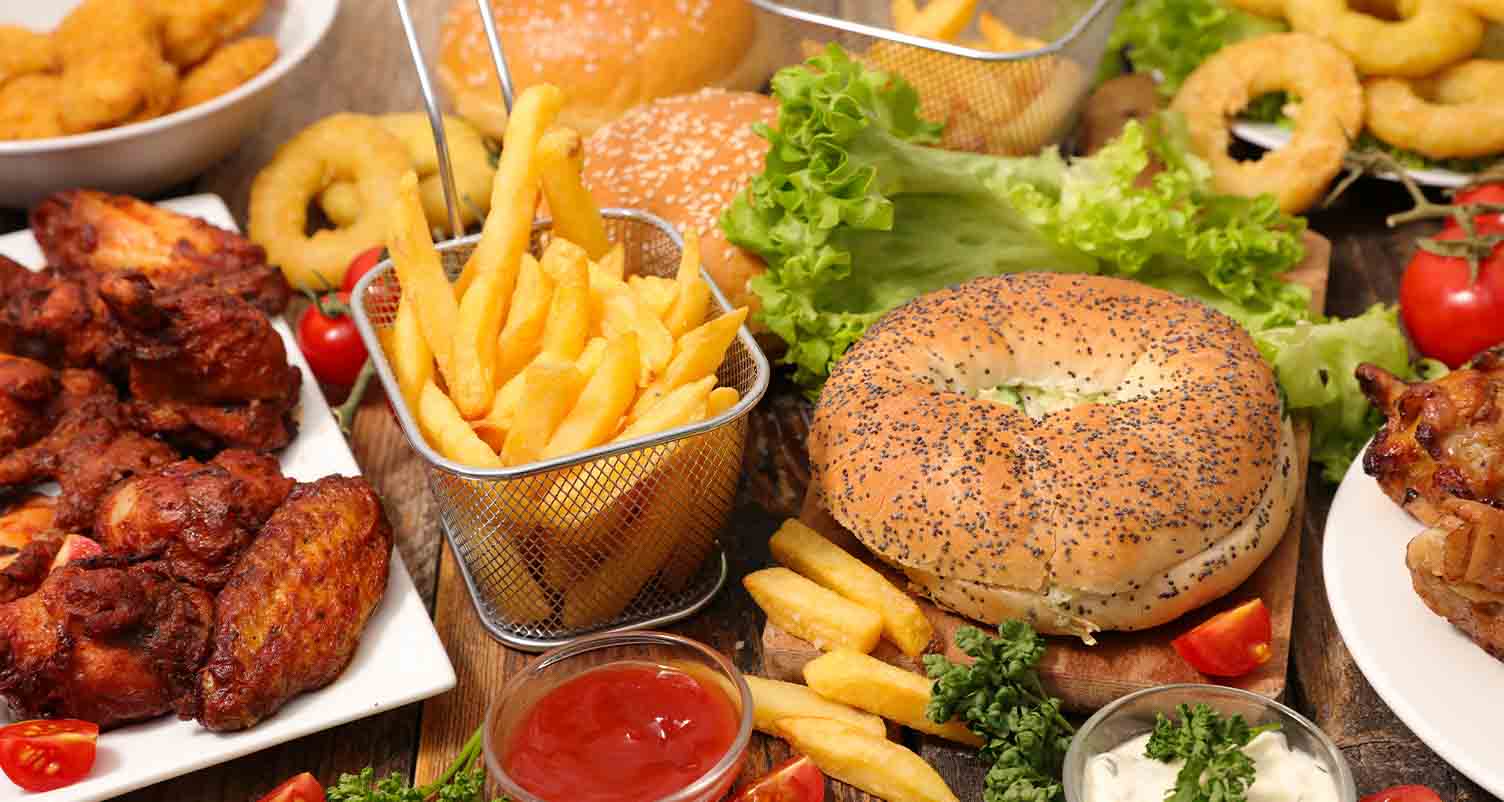Alkaline Diet

- The alkaline diet, also known as the acid-alkaline diet or alkaline ash diet, is based on the theory that certain foods and drinks can cause your body to produce acid.
- It consists of eating a variety of vegetables, fresh fruit, and nuts and legumes.
- The trendy diet claims to prevent cancer and disease, but no reliable evidence suggests that this is true.
If a diet sounds too good to be true, it probably is. Case in point: The alkaline diet is based on the theory that you prevent cancer by altering the blood’s pH levels through the foods you eat.[1]
But these claims aren’t backed by scientific evidence, despite endorsements from celebrities like Victoria Beckham, Gwyneth Paltrow and Jennifer Aniston. Keep reading to learn more about the alkaline diet, including the science behind it and whether it actually works.
How the Alkaline diet works
Proponents of the diet believe that replacing foods high in acid with alkaline foods can change the body’s pH levels and improve overall health.
The pH scale measures how acidic or alkaline various substances are. It can be used to measure how acidic or alkaline your blood is.[2] The stomach, for instance, is the body’s most acidic region.
The pH range is from 0 to 14, with 7 being a neutral pH level.
- Acidic: 0.0–6.9
- Neutral: 7.0
- Alkaline (basic): 7.1–14.0
The bread and butter of the diet is that it can prevent cancer by making the body less acidic. But as promising as these claims are, the science isn’t there to back it up. For instance, the study that claimed that cancer only grows in an acidic environment was done in a laboratory, rather than looking at a human body.[3]
Science dictates that you cannot significantly alter the blood’s pH levels through eating alkaline foods. That’s the body’s job, which already has a system in place to regulate the pH balance. This balancing act of keeping the pH levels at a happy level is done mainly through the kidneys, lungs, liver and lymphatic system.[4] The kidneys, for example, detoxify acid through the urine.

Health Benefits of the Alkaline Diet
The alkaline diet may not be able to live up to its largest claim, which is to alter the blood’s pH levels and prevent cancer.
But that’s not to say that it’s not without merit—celebrities sings its praises for a reason. At its core, the alkaline diet is a healthy way of eating that can lead to health benefits, such as:
Healthy Weight
Shedding pounds may not be the primary reason people try the alkaline diet, but it is a natural (and well-loved) side effect.
The crux of the alkaline diet is to eat low-acid food groups, such as vegetables, fruits and legumes, and drink lots of water. Many things are off-menu, such as high-sugar starches, processed foods and alcohol.
The latter have been well-documented to contribute to weight gain and increase the risk of disease, including cancer.2 Overconsumption of sugar, for example, has been found to raise the risk of obesity and obesity-caused illnesses, such as pre-diabetes and type 2 diabetes.[5]
Kidney Support
Excess acidity, or metabolic acidosis, is common in those with kidney disease or kidney failure.[6] Since kidneys remove acid from the body through urine, a buildup of acid can occur if the kidneys aren’t functioning properly.
The alkaline diet can elevate the pH levels in the urine, making urine more alkaline or more acidic. This helps prevent bacteria growth that can result in conditions that affect the kidneys, such as a urinary tract infection and kidney stones.[7]

What can you eat on the alkaline diet?
The rules to the alkaline diet are cut-and-dry, making it one of the most restrictive diets out there. Here’s a guide to what you should and shouldn’t be eating.
Foods to eat on an alkaline diet:
- Fruits (avocado, melons, bananas, green coconuts)
- Vegetables (cucumbers, spinach, radish, kale)
- Legumes
- Nuts and seeds
- Healthy fats (olive oil)
The reasoning to nosh on these foods go beyond taste. They also are considered alkaline foods because they have a pH level greater than 7.
These foods are part of a well-rounded diet that may support healthy cholesterol levels, increase energy and reduce the risk of health-related concerns.

Foods to avoid on an alkaline diet:
- Meats (fresh and processed)
- Eggs
- Citrus fruits (lemon, limes, grapefruit)
- Fish and seafood
- Processed foods
- Sugary beverages (fruit juice, soda, alcohol)
- Certain dairy products (cheese)
Acidic foods have a pH level that is below 4.6. When your body burns food for fuel, metabolic waste or “ash” is left behind. The theory of the alkaline diet is that this ash can affect the blood’s acidity and leave the body susceptible to disease.
Does the alkaline diet work?
To put it simply, no. The alkaline diet cannot significantly change the pH levels in the blood. The body already has a tightly-regulated system to balance pH levels. Additionally, the theory that cancer only grows in an acidic environment isn’t backed by science.
The diet is due some credit, though. Since it focuses on eating a variety of fruits, vegetables, and other plant-based foods, while reducing consumption of processed foods, meat and sugar, it may have a positive impact a person’s health.
Sign up for early access to sales, product launches, the latest Bulletproof news and more!



